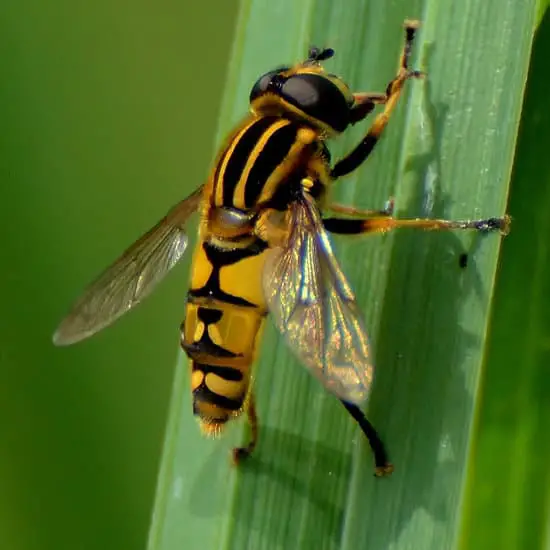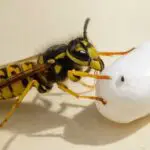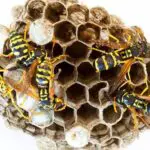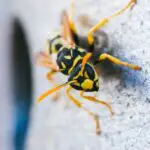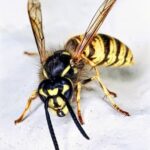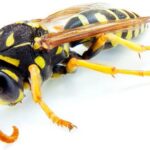Can Wasp Cause Swollen Skin?
During the first 24 hours after a wasp sting, you will experience pain, redness, and swelling. This swelling is due to the venom in the sting. It may be painful and uncomfortable, but it will eventually subside.
If you are allergic to wasp stings, you can have a severe reaction that is called anaphylaxis. If you are experiencing severe symptoms after a wasp sting, you should seek immediate medical care.
Anaphylaxis is an allergic reaction that can cause shortness of breath, wheezing, and vomiting. It can also cause dizziness and shock. If you suspect you are experiencing anaphylaxis, call your doctor, the Poison Control Center, or 911 immediately. If you have anaphylaxis, you may need to be hospitalized.
The stinger of a wasp is strong, and it is often possible for it to puncture your skin. If you are allergic to wasps, you will experience redness, pain, and swelling at the site of the sting. You should wash the area with soap and water and apply ice to help reduce swelling. If the pain is too severe, consider taking over-the-counter antihistamines. Antihistamines can also reduce swelling and itching.
Wasps are very aggressive, and you may get stung more than once. The best way to avoid getting stung is to avoid being near the stinger. You can also avoid nests. If you are allergic to wasp stings, carry a bee sting kit with you. These kits contain epinephrine, which helps alleviate symptoms.
